Home>Garden Essentials>How Long Does It Take For Fescue Seed To Germinate
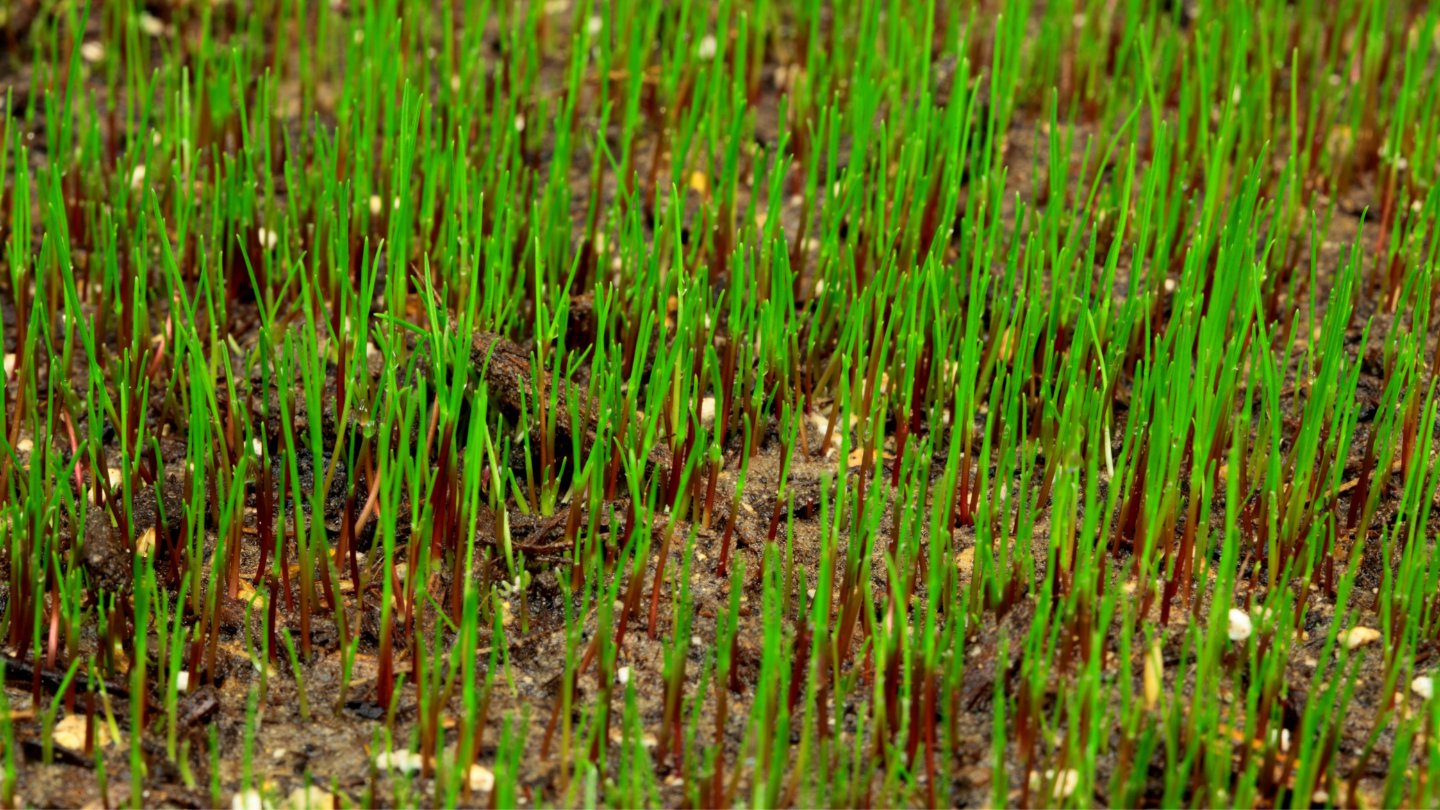

Garden Essentials
How Long Does It Take For Fescue Seed To Germinate
Modified: March 16, 2024
Discover how long it takes for fescue seed to germinate in your garden. Get expert advice and tips for successful fescue seed germination.
(Many of the links in this article redirect to a specific reviewed product. Your purchase of these products through affiliate links helps to generate commission for Storables.com, at no extra cost. Learn more)
Introduction
Welcome to the world of gardening! Whether you are an experienced gardener or just starting out, understanding the process of germination is essential for successful plant growth. In this article, we will delve into the fascinating topic of fescue seed germination and provide you with valuable insights.
Fescue seed germination refers to the process in which fescue seeds sprout and develop into seedlings. Fescue is a popular grass variety used in lawns and landscapes due to its ability to withstand different weather conditions and adapt to various soil types. How long it takes for fescue seeds to germinate depends on several factors, including environmental conditions and seed quality.
In the following sections, we will explore the factors that can affect germination time, the ideal conditions for fescue seed germination, the average germination time for fescue seeds, tips to promote germination, and common mistakes to avoid. By the end of this article, you will have a thorough understanding of how to optimize the germination process for fescue seeds.
Key Takeaways:
- Fescue seeds typically take 7 to 21 days to sprout, depending on factors like temperature and moisture. Patience and proper care are key to successful germination.
- To promote fescue seed germination, ensure optimal conditions like consistent moisture, proper sowing depth, and weed-free soil. Avoid common mistakes like overwatering and impatience.
Read more: How Long Does It Take Fescue To Germinate
Factors Affecting Germination Time
The time it takes for fescue seeds to germinate can be influenced by several factors. Understanding these factors is crucial for effectively managing and predicting the germination process. Here are some key factors that can affect germination time:
- Seed Quality: The quality and viability of the fescue seeds play a significant role in germination time. Fresh, high-quality seeds will typically have a higher germination rate and faster germination time compared to old or low-quality seeds.
- Temperature: Temperature plays a critical role in seed germination. Most fescue varieties prefer a temperature range of 60-75°F (15-24°C) for optimal germination. Cooler temperatures can delay germination, while excessive heat can hinder or even prevent germination.
- Moisture: Adequate moisture is essential for seed germination. Fescue seeds require consistent moisture levels to break dormancy and initiate germination. Insufficient or excessive moisture can interfere with the germination process, causing delays or failure.
- Soil Conditions: The quality and condition of the soil can impact germination time. Fescue seeds prefer well-draining soil with a pH level between 5.5 and 7.5. Aeration, fertility, and the presence of any soil diseases or pests can also affect germination.
- Light exposure: While some seeds require exposure to light for germination, fescue seeds are typically indifferent to light. They can germinate in both light and dark conditions. However, it’s important to note that keeping the seeds uncovered can help them access necessary moisture for germination.
By considering and managing these factors, you can optimize the conditions for fescue seed germination and ensure a successful outcome.
Ideal Conditions for Fescue Seed Germination
Creating the ideal conditions for fescue seed germination is crucial for maximizing germination success. By providing the right environment, you can ensure that the seeds have the best chance of sprouting and developing into healthy seedlings. Here are the ideal conditions for fescue seed germination:
- Temperature: Fescue seeds germinate best in temperatures between 60-75°F (15-24°C). This range provides the optimal conditions for seed activation and growth. Avoid extreme temperature fluctuations, as they can delay or hinder germination.
- Moisture: Moisture is a key factor in seed germination. Keep the soil evenly moist, but not soaked, throughout the germination process. Water the area gently to prevent the seeds from being displaced or washed away.
- Soil Quality: Fescue seeds prefer well-draining soil with a pH level between 5.5 and 7.5. Before sowing the seeds, prepare the soil by removing debris and loosening it to improve aeration and drainage.
- Sowing Depth: Fescue seeds should be sown at a depth of approximately ¼ to ½ inch (0.6-1.3 cm) into the soil. This depth allows the seeds to be in contact with the soil while still being able to access necessary moisture and oxygen.
- Light Exposure: Fescue seeds do not require specific light exposure for germination. They can germinate in both light and dark conditions. However, keeping the seeds uncovered or lightly covered with soil allows them to access necessary moisture for germination.
By providing the ideal conditions of temperature, moisture, soil quality, sowing depth, and appropriate light exposure, you can greatly enhance the germination success of your fescue seeds.
Average Germination Time for Fescue Seed
The average germination time for fescue seed can vary depending on several factors, including seed quality, temperature, moisture, and soil conditions. While there is no exact timeframe for fescue seed germination, it typically takes anywhere from 7 to 21 days for the seeds to sprout.
Fescue seeds are known for their relatively slow germination compared to other grass varieties. The germination process for fescue seeds involves several stages, including seed activation, root development, and shoot emergence. The timeframe for each stage can vary and contribute to the overall germination time.
Temperature plays a significant role in determining the germination time for fescue seeds. Warmer temperatures within the range of 60-75°F (15-24°C) can accelerate germination, while cooler temperatures can result in slower germination. It’s important to note that maintaining a consistent temperature throughout the germination process is essential.
Moisture is another crucial factor that affects the germination time. Fescue seeds require consistent and adequate moisture to break dormancy and initiate germination. If the seeds experience dry periods or are overwatered, it can prolong the germination process or even prevent germination altogether.
It’s important to be patient when waiting for fescue seeds to germinate. While it may be tempting to assume that the seeds are not viable or to reseed the area, it’s recommended to give the seeds ample time to sprout. Regular monitoring of the soil moisture and temperature will help ensure optimal germination conditions.
Keep in mind that germination times can vary depending on the specific fescue variety and environmental conditions. Some varieties may have shorter germination times, while others may take longer. It’s always best to refer to the seed packet or consult with local gardening experts for more accurate information on the germination time of the specific fescue seed variety you are working with.
By understanding and considering the average germination time for fescue seeds, you can set realistic expectations and provide the necessary care to promote successful germination and healthy seedling growth.
Fescue seed typically takes 7-14 days to germinate. Keep the soil consistently moist during this time to help the seeds sprout.
Tips for Promoting Germination
Promoting germination is essential to ensure successful fescue seed growth. By following these tips, you can create optimal conditions and increase the chances of successful germination:
- Prepare the Soil: Before sowing the fescue seeds, prepare the soil properly. Remove any debris, rocks, or weeds and loosen the soil to improve aeration and drainage. This will create a favorable environment for the seeds to establish roots.
- Sow at the Right Depth: Sow the fescue seeds at the recommended depth of approximately ¼ to ½ inch (0.6-1.3 cm) into the soil. This ensures good seed-to-soil contact while still allowing the seeds to access necessary moisture and oxygen for germination.
- Provide Adequate Moisture: Water the area thoroughly after sowing the seeds to ensure the soil is moist. Continue to keep the soil consistently moist throughout the germination period. Avoid overwatering, as it can lead to waterlogged soil and hinder germination.
- Maintain Optimal Temperature: Monitor and maintain a consistent temperature range of 60-75°F (15-24°C) during the germination period. Use shade cloth or mulch to regulate temperature and prevent excessive heat or cold fluctuations.
- Be Patient: Fescue seeds can take time to germinate, so it’s important to be patient. Avoid the temptation to reseed or disturb the area if you do not see immediate sprouting. Give the seeds ample time to establish roots and break dormancy.
- Keep the Area Weed-Free: Weeds can compete with the fescue seeds for resources, such as nutrients and moisture. Regularly inspect and remove any weeds that may emerge. This will create a healthier environment for the fescue seeds to germinate and grow.
Following these tips will help promote favorable germination conditions for your fescue seeds. Remember to monitor the soil moisture, temperature, and weed presence regularly to ensure optimal growth. With proper care and patience, you will soon witness the beautiful sight of fescue seedlings emerging from the soil.
Common Mistakes to Avoid
When it comes to germinating fescue seeds, there are a few common mistakes that gardeners should avoid. By being aware of these pitfalls, you can increase the chances of successful germination and ensure healthy growth of your fescue seedlings:
- Overwatering: While it’s important to provide adequate moisture for germination, overwatering can lead to waterlogged soil and suffocate the seeds. Avoid excessive watering and aim for consistent but not soaked soil moisture.
- Improper Sowing Depth: Planting the fescue seeds too deep or too shallow can affect germination. Follow the recommended sowing depth of approximately ¼ to ½ inch (0.6-1.3 cm) to ensure optimal seed-to-soil contact for germination.
- Incorrect Temperature: Germinating fescue seeds in extreme temperatures, either too hot or too cold, can inhibit or delay germination. Maintain a consistent temperature range of 60-75°F (15-24°C) to promote successful sprouting.
- Neglecting Weed Control: Weeds can compete with fescue seedlings for essential resources such as nutrients and moisture. Keep the area weed-free to provide the best conditions for your fescue seeds to grow. Regularly inspect and remove any emerging weeds.
- Poor Soil Quality: Fescue seeds require well-draining soil with a pH level between 5.5 and 7.5. Neglecting soil preparation or using low-quality soil can hinder germination. Prioritize preparing the soil and ensure it is of good quality before sowing the seeds.
- Impatience: Fescue seeds can take time to germinate, typically between 7 to 21 days. Impatience may lead to the assumption that the seeds are not viable or the urge to reseed prematurely. Give the seeds ample time and be patient during the germination process.
- Improper Watering Technique: When watering the area, it’s important to use a gentle watering technique to prevent the displacement of seeds. Instead of using a strong stream of water, opt for a gentle spray or mist to moisten the soil without disturbing the seeds.
By avoiding these common mistakes, you can ensure optimal germination conditions for your fescue seeds and promote healthy growth. Pay attention to moisture levels, temperature, soil quality, and weed control throughout the germination process to achieve the best results.
Conclusion
Growing a lush and vibrant lawn or landscape starts with successful germination of fescue seeds. By understanding the factors that affect germination time, creating ideal conditions, and avoiding common mistakes, you can greatly increase the chances of successful fescue seed germination.
Factors such as seed quality, temperature, moisture, soil conditions, and light exposure all play a role in the germination process. Providing the optimal conditions, including the right temperature, consistent moisture, well-draining soil, and proper sowing depth, will give your fescue seeds the best start.
Patience is key during the germination process, as fescue seeds can take anywhere from 7 to 21 days to sprout. Avoid the temptation to reseed or disturb the area prematurely. Instead, carefully monitor the moisture levels, temperature, and weed presence to ensure optimal growth conditions for your fescue seedlings.
By following the tips provided in this article, you can create the ideal environment for successful fescue seed germination. Remember to prepare the soil, sow at the right depth, provide adequate moisture, maintain optimal temperature, keep the area weed-free, and exercise patience throughout the process.
With proper care and attention, you will soon witness the magical transformation of fescue seeds into healthy seedlings, ready to grow into a stunning green carpet that will enhance the beauty of your landscape. Enjoy the journey of fescue seed germination and the rewarding experience of a vibrant and beautiful garden!
Frequently Asked Questions about How Long Does It Take For Fescue Seed To Germinate
Was this page helpful?
At Storables.com, we guarantee accurate and reliable information. Our content, validated by Expert Board Contributors, is crafted following stringent Editorial Policies. We're committed to providing you with well-researched, expert-backed insights for all your informational needs.
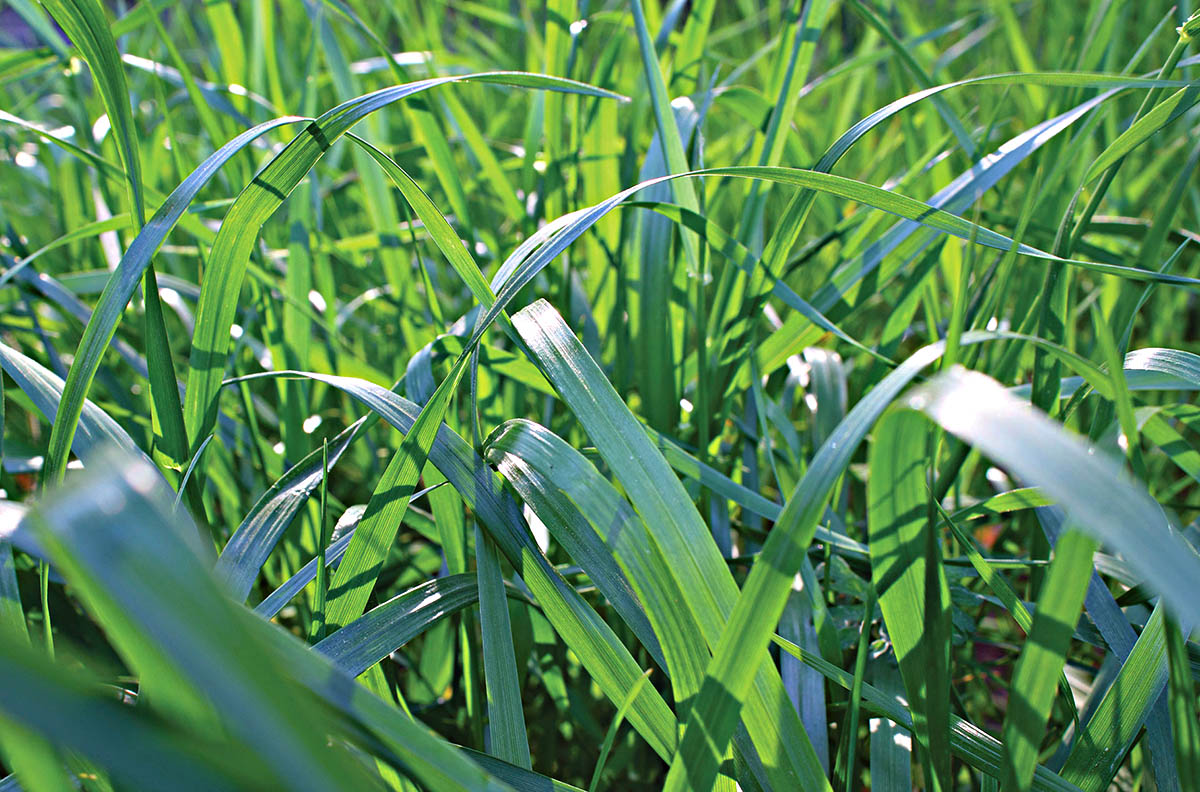
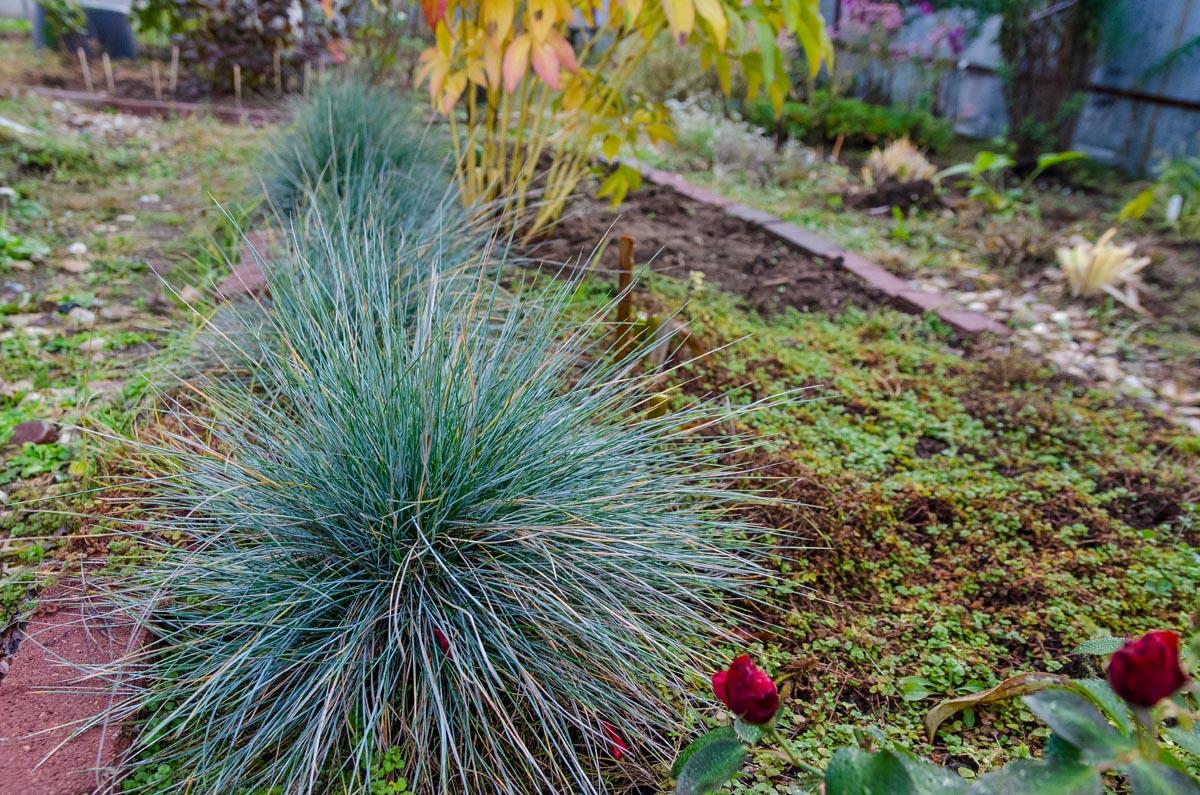
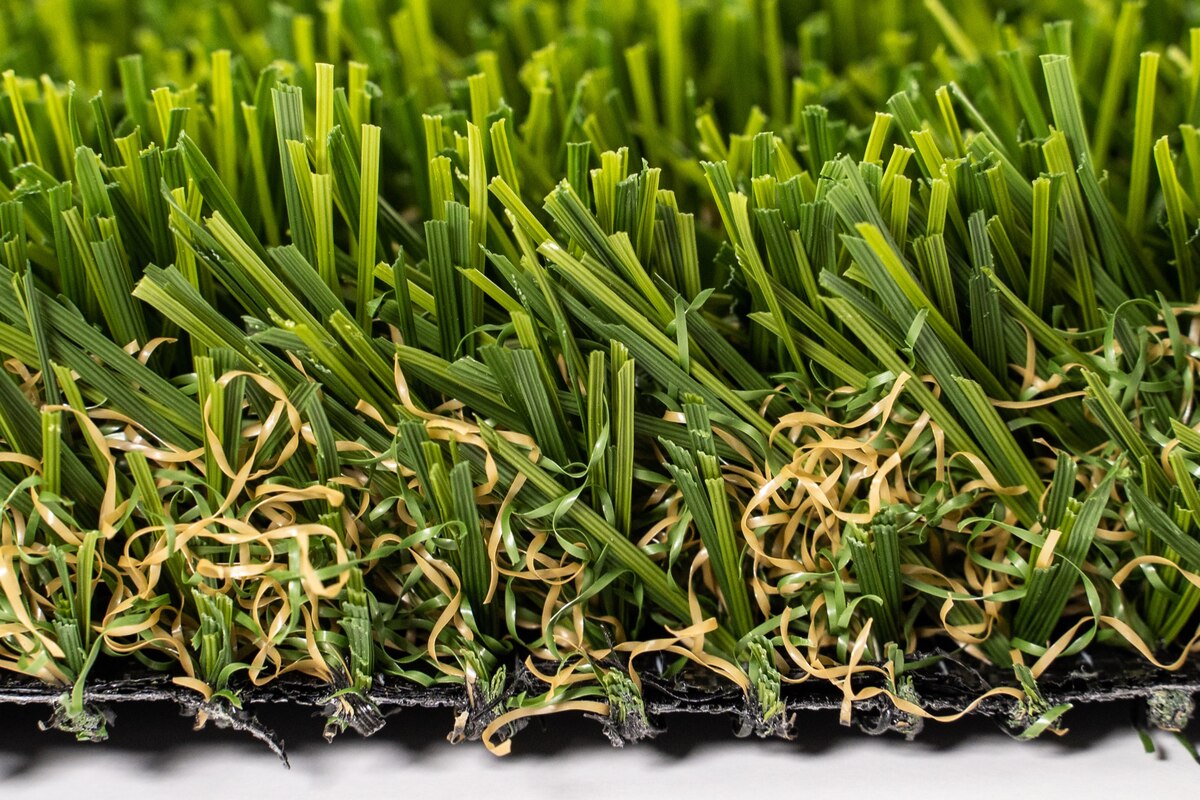


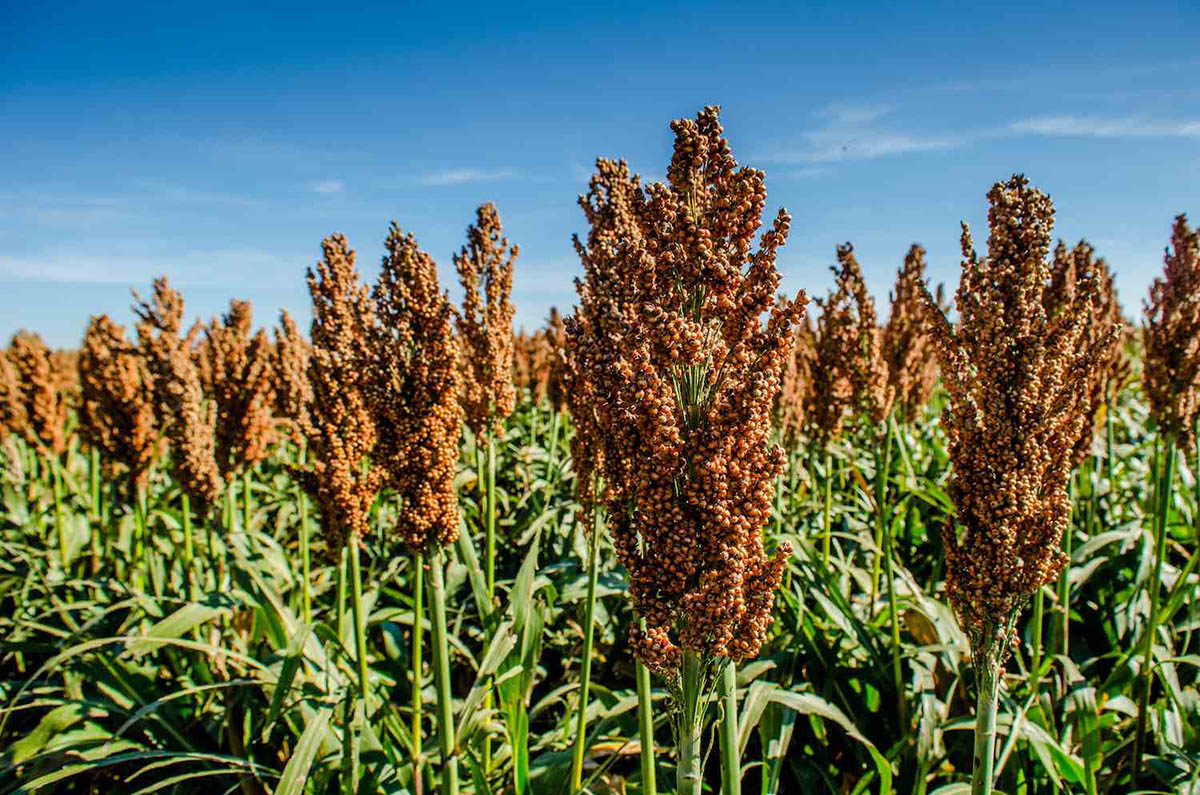


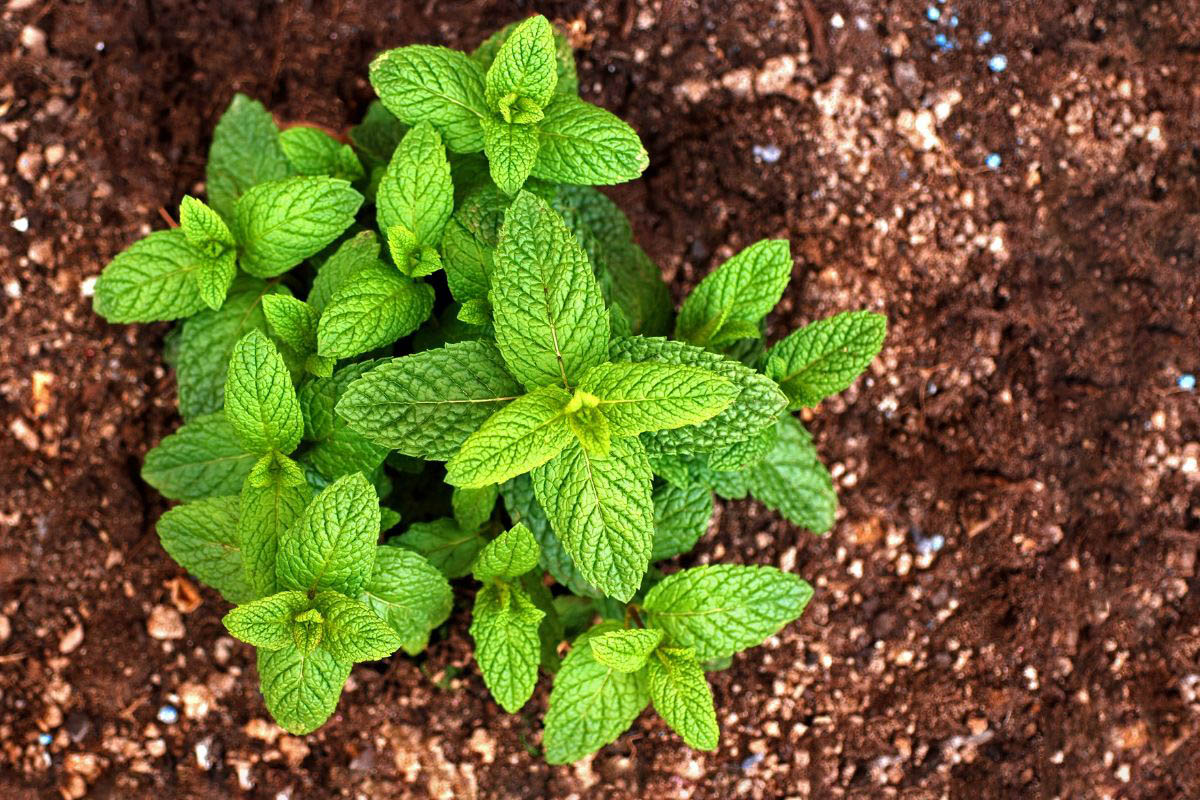
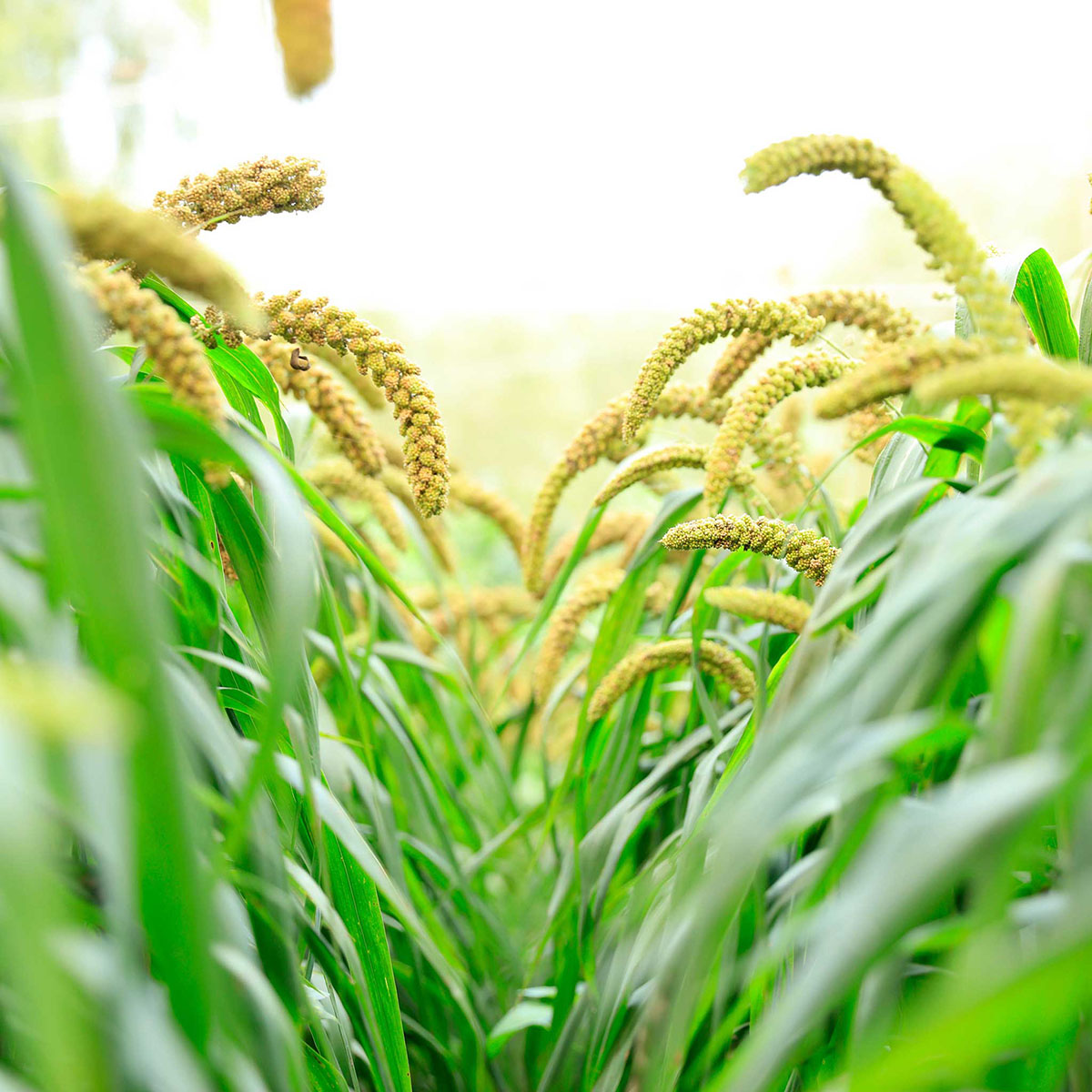
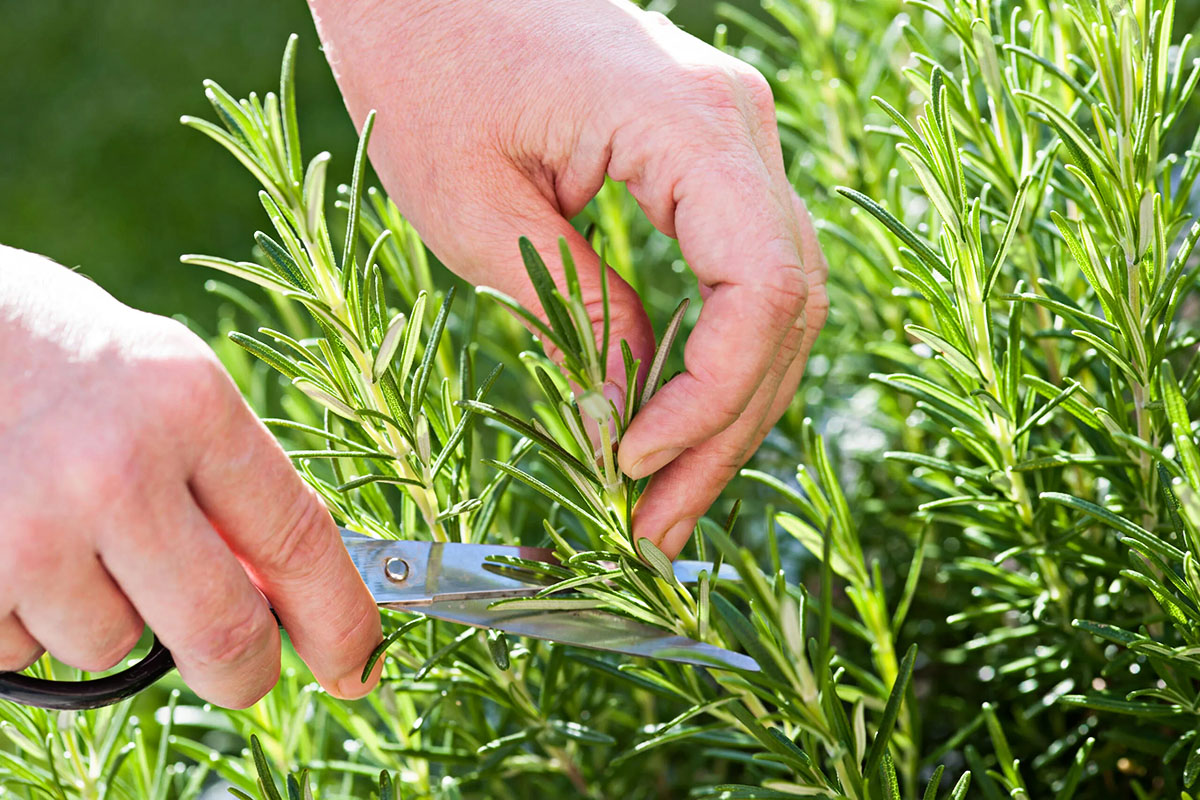

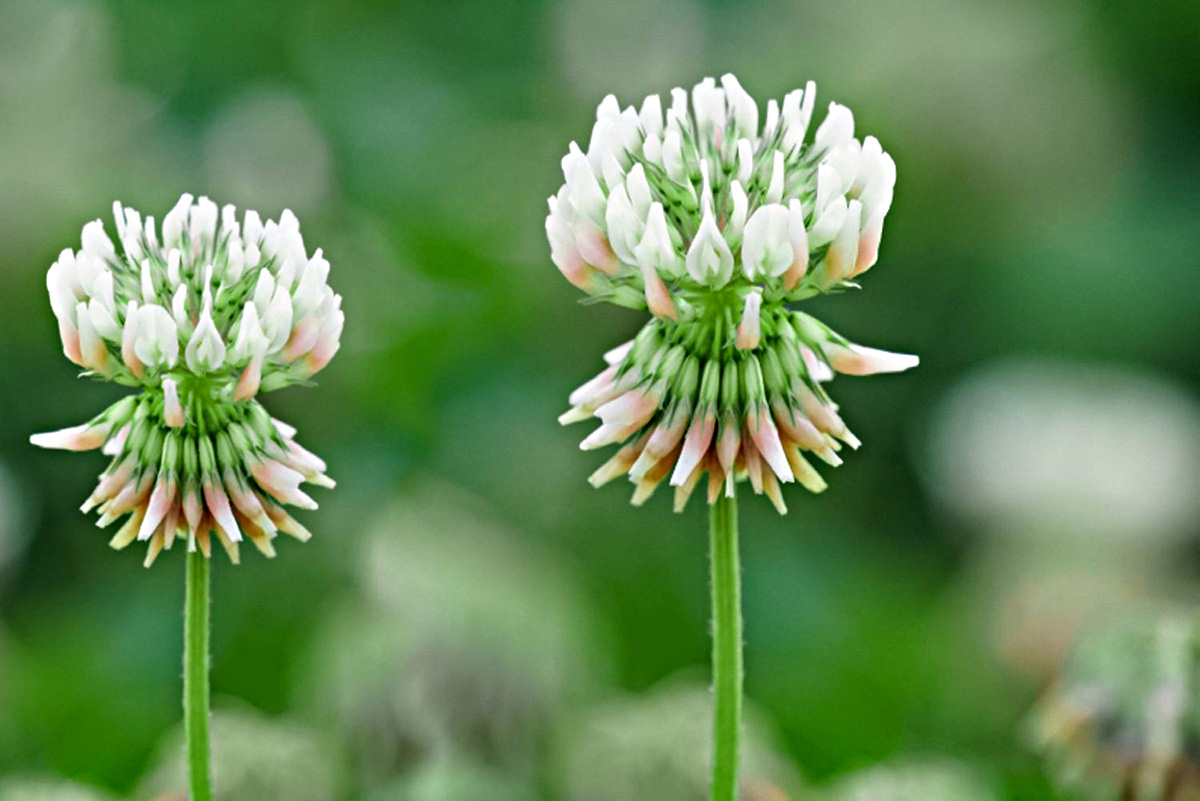


0 thoughts on “How Long Does It Take For Fescue Seed To Germinate”